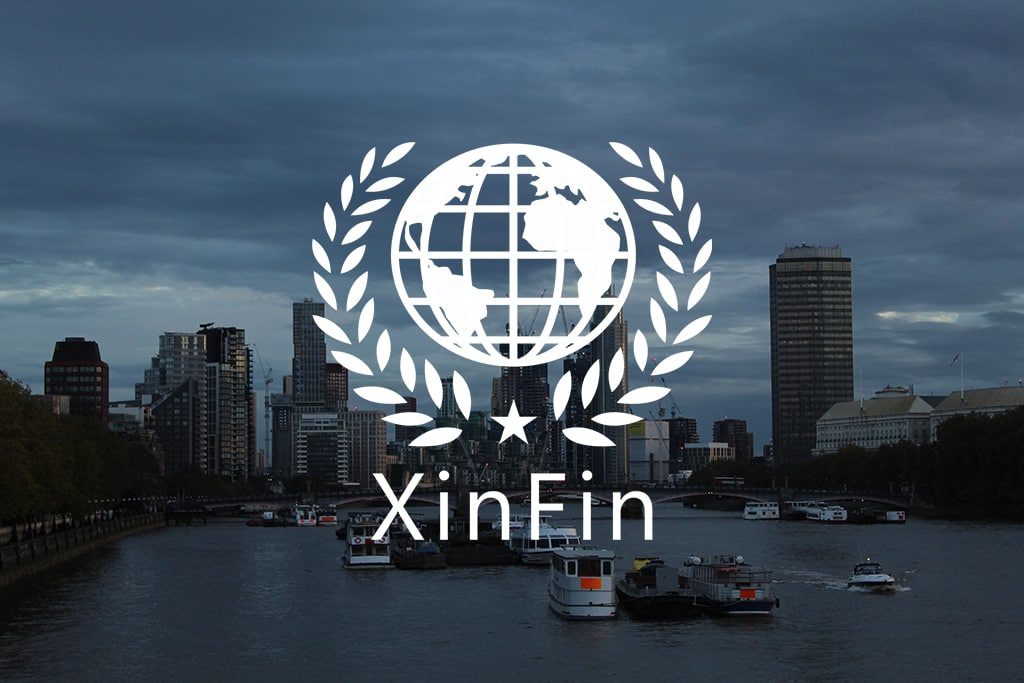The term ‘oracle’ has become quite commonly used within crypto circles across the globe in recent years, and rightly so. These novel offerings are designed to connect various blockchain projects with a wide array of off-chain data, thus allowing for the advent of many novel use cases.
That said, most traditional oracles are faced with two core issues. Firstly, they require a centralized entity/intermediary to facilitate their access to external, real-time data — as a result of which third parties can potentially alter the data being supplied to it. Secondly, centralized oracles often have to forego many privacy advantages put forth by smart contracts, thereby posing major risks to the system’s overall security.
A smart contract can be thought of as a program/transaction protocol designed to automatically execute, administer and note relevant events and actions as per a predefined digital agreement.
Plugin Decentralized oracles explained
As highlighted earlier, centralized oracles serve as single, stand-alone entities that provide external sources to a smart contract operating within a set governance framework. As a result, they, more often than not, feature a single point of failure that can result in them being corrupted or being attacked.
On the other hand, Plugin, a decentralized oracle, can be visualized as a group of independent oracles where each node operating within the XDC network can act independently — i.e., having the ability to work solo and retrieve data from an off-chain source.
Since they don’t depend on a “single source of truth,” anyone can verify the overall authenticity and veracity of the data being supplied to the associated smart contract with an extremely high degree of efficacy.
To elaborate, most high-quality Plugin Decentralized Oracle Networks (DONs) provide their clients with highly specific security features such as data integrity proofs (that use cryptographic signatures); data validation modules using multi-layer aggregation (so as to eliminate downtime-related issues); crypto-economic guarantees as well as other optional features such as zero-knowledge proofs.
From an operational standpoint, Plugin decentralized oracles are ideal for use within a complex business environment but need a high level of financial investment — especially when it comes to setting up the project’s native infrastructure and paying for its general upkeep/maintenance.
The issues with other oracles in their present.
While the transparency and decentralization aspect of most Oracle-based platforms is quite intriguing. At least on paper, it should be noted that such propositions are only valid insofar that the information being supplied to a particular blockchain is “tamper-proof.” Now that being said, it is worth looking into who has the power to authenticate this data?
In fact, this question has been looked at in-depth by many blockchain experts and arises whenever a digital asset has to be linked to its physical counterpart.
For example, whenever the transfer of ownership relating to a physical commodity (for example, a necklace) has to take place between two people, the smart contract associated with the deal has to be supplied with data ensuring the validity of the supplied information.
To achieve this, a third party is usually required for the verification of events taking place in the real world. And while many projects have sought to alleviate this pain point in recent years, the issue is still quite prevalent today.
Why is Plugin a Decentralized Oracle solution?
Decentralized Oracle Platform provides cost-effective solutions to any smart contract on XinFin Eco System.
PLUGIN enables the smart contract to connect with the real-time world data that it receives from the data feed provider is trustable by maintaining a high degree of security. Off-chain computation it does takes care of receiving a feed from multiple providers and aggregates the same.
Plugin One of the most popular oracle networks in the market today, Plugin is best described as a decentralized network of nodes capable of delivering its users a wide range of real-time info from external data sources. The platform’s native smart contract architecture is automated and can perform actions when certain predefined conditions are satisfied.
Plugin on the XDC network is designed to help process real-world data associated with several feeds ranging from asset prices to sports data to shipping data to weather data. As a result of its multifaceted utilitarian structure, the platform is used by several prominent DeFi projects.
ORACLE – NODE OPERATORS:- Oracle nodes are the backbone of Plugin Network. And they are spread across the globe, ensuring consistency in delivering the data onto the blockchain.
DATA FEED PROVIDERS:- Offer an API directly to millions of smart contracts. Blockchain-based applications and smart contracts are a rapidly growing market. Many of the best smart contracts actively seek reliable data feeds and various APIs.
PLUGIN NETWORK:- Combining the oracle core engine with oracle node & data feed providers, PLUGIN ensures the data reliability and consistency in delivering tamper-proof data to and from onto blockchain. For more details, check out the website https://goplugin.co/ and all the exchanges where you can trade Plugin PLI tokens are available at well-known exchanges like Liquid Global, Bitrue, and HitBtc.
XDC NETWORK:- combining the power of Public & Private blockchains with Interoperable Smart Contracts, XDC Network is the most energy-efficient layer1 Blockchain Network getting massive attraction from developer’s community worldwide.



































